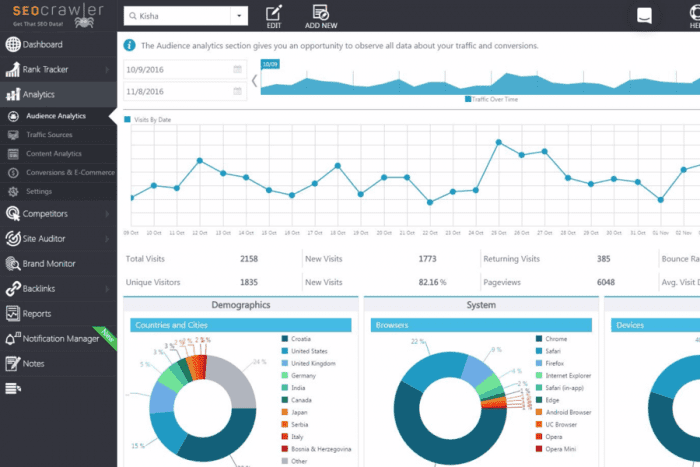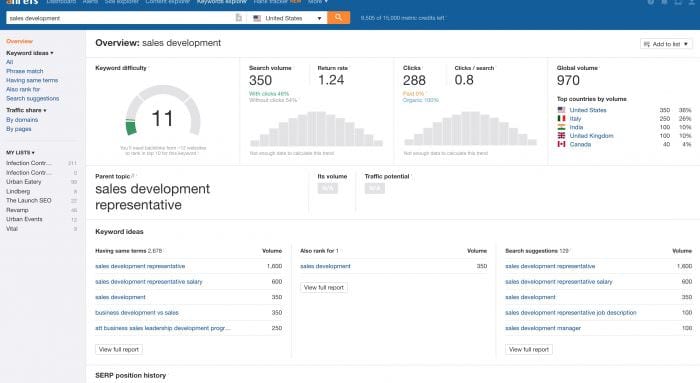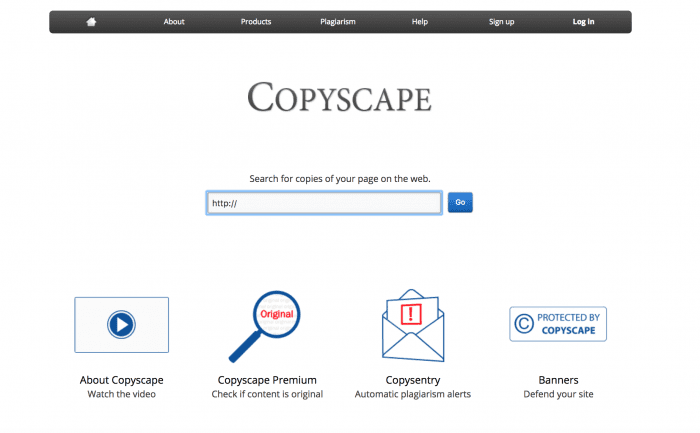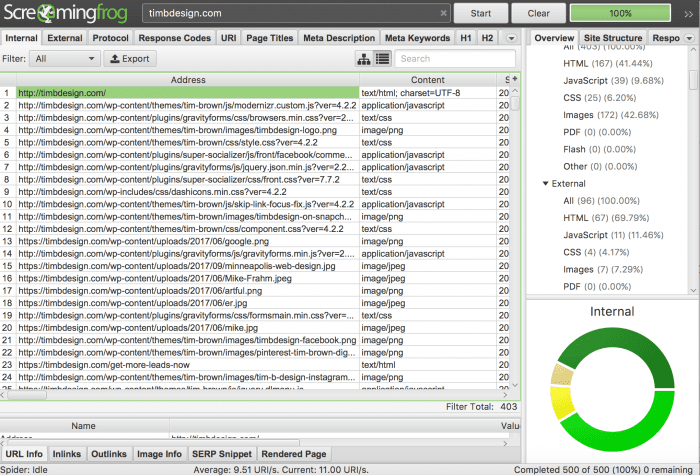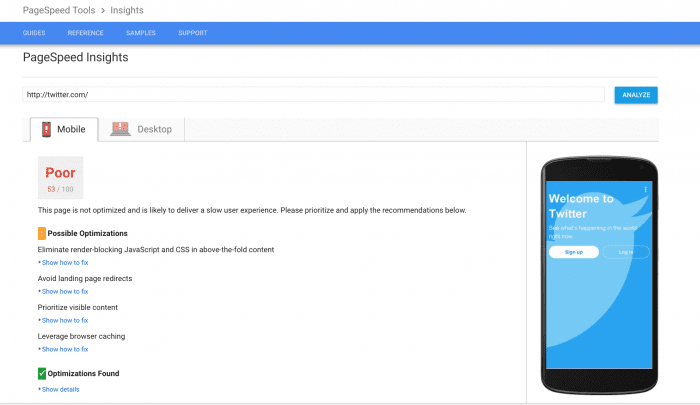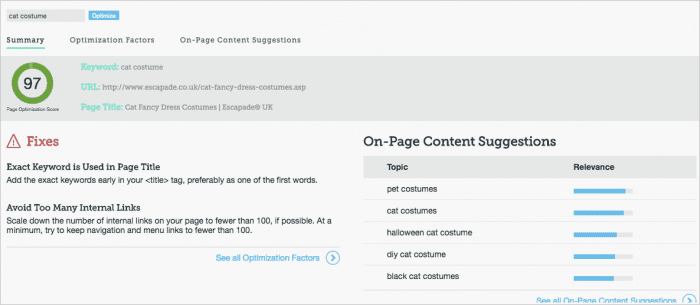Keyword Density is a tool that helps you identify how often your keywords appear in your content.
Using this tool, you can identify strengths and weaknesses in your keyword strategy, as well as get an idea of how many times you should be using each keyword.
This tool is especially helpful for bloggers who want to improve their SEO, because it helps them figure out which keywords are working for them and which ones aren’t.
Seo Tools Keyword Density

Are you looking for a keyword density and analysis tool? Our free keyword analyzer tool tells you exactly how many times your keyword is occurring on any page on your website, so that you can better optimize your page for SEO. Your keyword density shouldn’t be too high or too low, and our tool indicates this for you. It’s a simple way to search for keywords on a webpage.
Have you ever wondered what makes content from your competitors rank higher than content you created?
It may have something to do with your website’s keyword density.
How Our Keyword Density Checker Calculates
As the saying goes, ‘content is king’. Not only from a user’s perspective, but also in the eyes of the search engines. Long form content is becoming more and more important as Google continues to see less value in low quality, thin content webpages. Our free online keyword density checker can help.
Our free keyword density checker enables you to analyze the keyword usage of any existing webpage on any website so you can optimize that webpage for your SEO.
To begin, just enter a URL.
Our tool will provide you with a full analysis into the total number of keywords found on the selected webpage, a list of the most commonly-used words on the webpage, and the density of those keywords in percentage format.
Based on the general metric of a keyword density of between 1%-3%, our tool aims for this approximate range and shows a green color when your keyword density is within these bands.
These results can be used as a means of comparing your content to that of a competitor. They can also help you determine whether the keywords you’re targeting are among the highest used words on your webpage, or whether you need to give them a bigger spotlight.
Have any questions about your results? Want help establishing a solid keyword density? Let us know!
What Is Keyword Density?
The term ‘keyword density’ was coined by the SEO community as a way of describing how many times a certain keyword or phrase appears within a block of text on a webpage.
Although it used to be acceptable to mention your webpage’s target keyword as many times as possible (known as ‘keyword stuffing’) to rank higher in search results, that is no longer the case. Now, it’s a big no-no.
In fact, numerous Google updates, including “Panda”, have smashed such practices into oblivion. Search engines are now more sophisticated and are better able to identify and punish users who attempt to game their algorithms.
As a result, more users are now focusing on creating higher quality, longer form pieces of content. This allows writers to naturally include a greater number of relevant keywords, as well as Latent Semantic Indexing (LSI) keywords.
What are LSI Keywords?
LSI keywords are words or phrases that closely relate to your main target keywords. For instance, if you were to target a term such as ‘Coffee’ within your content, the LSI keywords would be terms such as ‘mugs’ ‘milk’ and ‘sugar’.
You’ll find that LSI keywords will occur naturally within your content if you concentrate on writing in-depth information about your content topic. In fact, you’ll find it’s rather difficult to write about topics like coffee without mentioning milk or sugar!
If you’re unsure which keywords or types of keywords are best for your SEO, we can help with our keyword resesarch
best on page seo tools
Some elements of your on-page SEO are more important than others. Arguably the most important part is the actual keywords that you choose to target, if they are too competitive then you’ll never rank no matter how well you optimize your page.
Performing thorough keyword research is crucial, this will help you to identify the phrases with the most search volume and also the correct level of difficulty for your website to target.
Once you’ve picked out the keywords that you’re going to target, your on-page SEO should be centered around optimizing your page for those keywords and semantic alternatives. Critically, you’ll need to care for your title tag, header tags, image alts and optimization in the content itself.
1. SEOCrawler
SEOCrawler is one of the industries leading on-page tools and is trusted by over 5,000 businesses to help them optimize for their chosen keywords.
Their Site Auditor tool allows you to analyze your page with just a single click, showing you the page speed, duplicate tags, duplicate content, keyword optimization and broken links. Work that would have taken you hours of manual work now only takes a few seconds.
That’s the true value of a tool like SEOCrawler – you can automate a process that would have otherwise taken hours of manual work. You save yourself time, and therefore you save yourself money each month.
The Site Auditor will essentially give you a checklist of improvements that you can make to each page on your website; it’s like having your in-house SEO consultant. Once you do make those changes, you can track the results in their Rank Tracker, to see how the rankings for your main keywords change over the coming days and weeks.
2. Ahrefs’ Keyword Explorer
I’ve already explained why keywords are critical to any SEO campaign, they give you a target to aim for, and they allow you to optimize your on-page SEO for that goal. But keyword research can be incredibly frustrating, especially if you only have the Google AdWords tool.
That’s why tools like Ahrefs’ Keyword Explorer have come to the market. It allows you to find new keywords for you to target, it shows you all of the backlink data for the ranking pages, and it even gives you a single score so you can easily compare keywords.
But the magic of the Ahrefs’ KW tool is in the way that you can find new keywords. Most KW tools work by requiring you first to submit a list of seed keywords which the tool will use to find similar phrases that you could rank for.
However, Ahrefs’ has this and much more. Most importantly, they allow you to find keywords that your competitors or other websites rank for. So, you can input a domain rather than a seed keyword and see a report of different keywords that they rank for.
This is ideal if your website or business covers a range of topics or services. They also have another great option which is to see similar keywords that existing pages rank for. With this, you submit a single seed keyword and can see other keywords that the ranking pages also rank for.
3. Copyscape
If you’re ordering content from a writer or a content creation company, then it’s critical that you use a tool like Copyscape to check if that content is unique. Nowadays you can’t get away with publishing duplicate content; Google cracked down on that game a long time ago.
Instead, you need to ensure that your writers are creating truly unique content that hasn’t been copied from another source. Copyscape allows you to copy and paste your content into their system and it will check it against all of their records to see if it’s unique.
4. Screaming Frog SEO Spider
Screaming Frog is one of the oldest and most important SEO tools that our industry has ever seen. This innovative little tool is a crawler that will through all of your URL’s and fetch onsite elements so that you can analyze them.
This allows you to find broken links, ensure redirects were properly created, analyze your page titles, generate XML sitemaps and even discover duplicate content. It’s one of the most powerful on-page SEO tools simply because it has so many features and the amount of data that it can give you is mind-blowing.
5. Google Developers PageSpeed Insight
More and more users are using the internet through their phones and with that often comes a slower connection and a different screen size. Google knows this, and that’s why they use page speed as one of their key ranking factors.
Nobody wants to visit a page that loads slowly, especially if you’re on a mobile connection. Therefore, you need to ensure that you’re doing everything you can to optimize your pages to load as quickly as possible.
The Google PageSpeed Insight tool will analyze your page and point out key areas where you can improve your page so that it will load faster and therefore rank higher in the SERP’s.
6. Moz On-Page Grader
Finally, we have the Moz On-Page Grader, a tool which analyzes your page and compares it to their existing checklist of SEO factors. This tool will output a result that grades your page overall and also on a more granular level so that you can make improvements.
The great thing about all of Moz’s tools is that they are incredibly simple to use and have an intuitive and clean design that makes them ideal for beginners. If you’re looking for an easy to understand the on-page report, then this is a good start.
Conclusion
Let us know your thoughts in the comment section below.
Check out other publications to gain access to more digital resources if you are just starting out with Flux Resource.
Also contact us today to optimize your business(s)/Brand(s) for Search Engines

